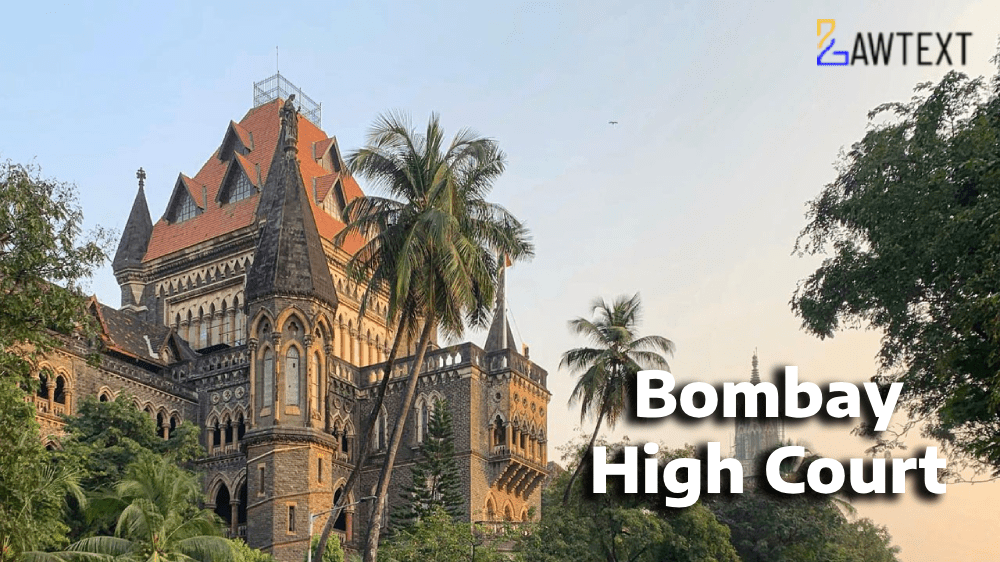Case Note & Summary
Civil revision application under Section 115 of the Code of Civil Procedure, 1908, regarding a judgment and order passed by the City Civil Judge, Greater Bombay. The case involves the eviction of an occupant from public premises owned by a government company. The occupant, identified as respondent No.1, held a flat on a leave and license basis which expired in 1999. The company initiated proceedings for eviction and damages under the Public Premises Act, leading to a series of notices and legal actions. The Estate Officer initially ordered eviction, but the decision was overturned by the City Civil Judge. The revision application challenges this decision.
Eviction case related to public premises, governed by the Transfer of Property Act. It discusses the issuance and waiver of eviction notices, the process of eviction, the roles of the Estate Officer and the notice recipient, and the principles of fairness and reasonableness in eviction proceedings. The document analyzes various sections of the Act and includes references to relevant case law. Ultimately, it concludes with a decision dismissing the writ petition and ordering the repayment of damages by the applicant.
Introduction of the Case:
Overview of the civil revision application challenging the judgment and order of the City Civil Judge.
Background and Ownership of Premises:
Description of the premises owned by the government company and the occupation status of respondent No.1.
Notice and Demand for Possession:
Details of notices issued by the company to respondent No.1 regarding the expiration of the leave and license agreement and demand for possession.
Initiation of Eviction Proceedings:
Filing of proceedings by the company for eviction and damages under the Public Premises Act.
Response from Respondent No.1:
Respondent's written statement acknowledging occupation as a tenant and disputing the company's claim of unauthorized occupancy.
Estate Officer's Decision:
Decision of the Estate Officer to evict respondent No.1 and award damages for unauthorized occupation.
Appeal and Impugned Judgment:
Appeal filed by respondent No.1 against the Estate Officer's order, resulting in the City Civil Judge setting aside the eviction order.
Arguments Presented in Civil Revision Application:
Arguments from both sides regarding the scope of inquiry, validity of notices, and applicability of the Public Premises Act.
Key Legal Provisions:
Excerpts from relevant sections of the Public Premises Act concerning issuance of notice and eviction of unauthorized occupants.
Analysis of Prima Facie Satisfaction by Estate Officer:
Examination of the Estate Officer's satisfaction before issuing notice under Section 4(1) of the Public Premises Act, including relevant legal precedents.
Explanation of Prima Facie Satisfaction:
Detailed discussion on the two-fold satisfaction required for issuing a show cause notice, as per legal interpretations.
Evaluation of Materials for Prima Facie Satisfaction:
Review of the materials available on record at the time of issuing notice under Section 4(1) of the Public Premises Act, including the content of notices issued by the company.
Issuance and Waiver of Notices
Sections 111 and 113 of the Transfer of Property Act are discussed regarding the determination of leases and waiver of notice to quit.
Illustrations are provided to clarify the concept of waiver.
The document highlights how subsequent notices treated the tenancy as subsisting, leading to the waiver of earlier notices.
Estate Officer's Opinion
The Estate Officer's prima facie opinion based on a waived notice is criticized for lacking application of mind.
The amendment of the eviction application to substitute notices indicates inconsistency in the Estate Officer's actions.
Process of Eviction
The process under Sections 4 and 5 of the Act is outlined, emphasizing the opportunity for the occupant to present their case.
The requisites of Section 5, including review of objections and issuance of reasoned eviction orders, are detailed.
Interpretation of Sections 4 and 5
Different categories of occupants and their eviction grounds are discussed.
The necessity of fairness and reasonableness in eviction proceedings, especially by state entities, is emphasized.
Judicial Precedents
Cases such as Dwarkadas Marfatia and Sons v. Board of Trustees of the Port of Bombay and Ashoka Marketing Ltd. v. Punjab National Bank are referenced to highlight the scrutiny of public authority actions and the requirement for reasonableness.
Evidence and Decision
The need for evidence to justify eviction, including fairness, reasonableness, and bona fide need, is stressed.
The court's decision dismisses the writ petition, stating the applicant failed to demonstrate fairness, reasonableness, and bona fide need.
Protection for Tenants
Arguments regarding the tenant's protection before public premises are analyzed, ultimately denying protection based on lack of evidence.
Repayment of Damages
The order directs the applicant to repay damages due to the setting aside of the Estate Officer's order under section 7, subject to certain conditions and timelines.
Comprehensive overview of the legal proceedings, arguments presented, and the analysis of key legal provisions and precedents in the case concerning the eviction of an occupant from public premises.
Issue of Consideration: New India Insurance Company Ltd. V/s. 1. M/S. KLM Engineering Company Ltd. 2. The Estate Officer
Premium Content
The Issue of Consideration is only available to subscribed members.
Subscribe Now to access critical case issues







